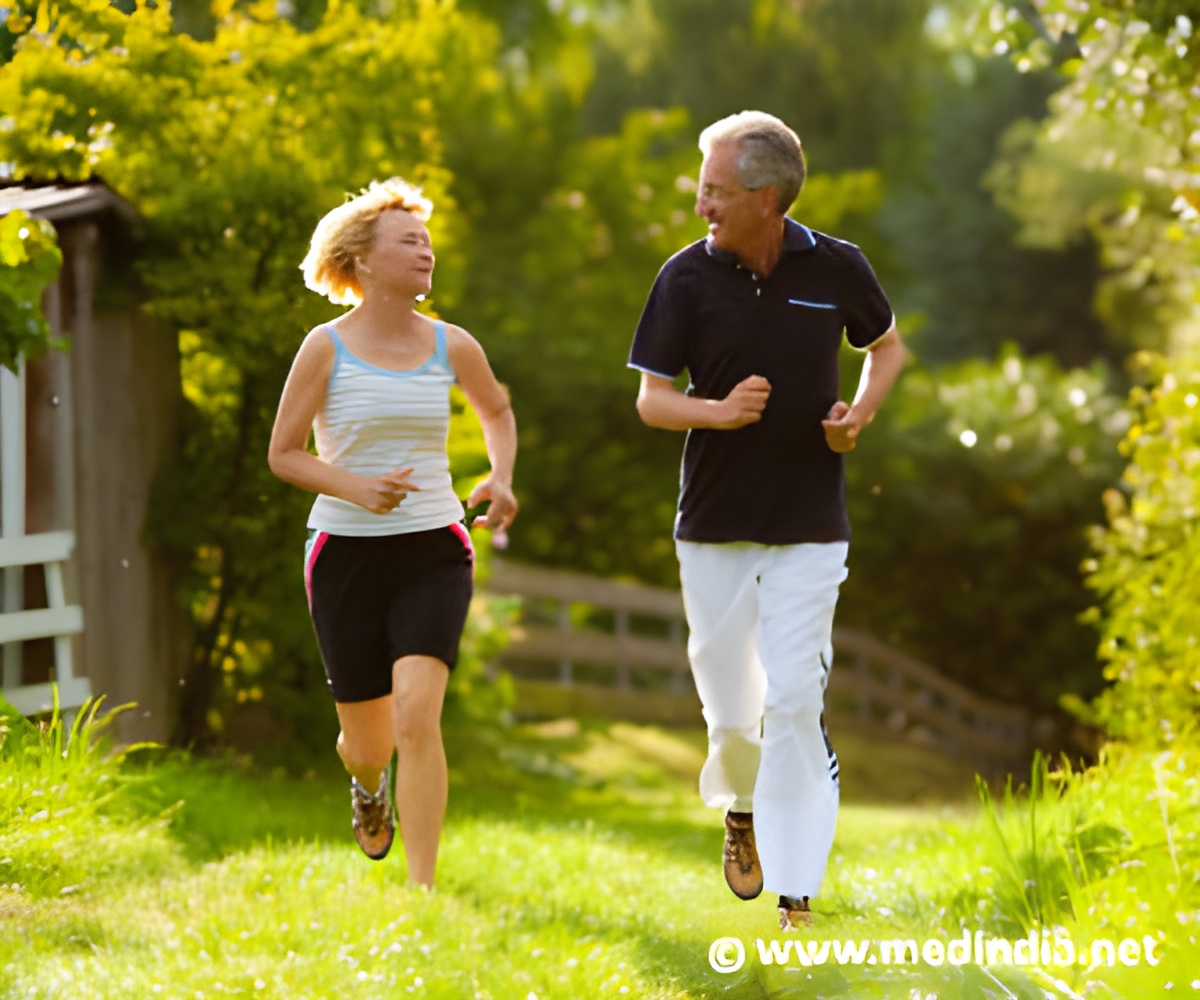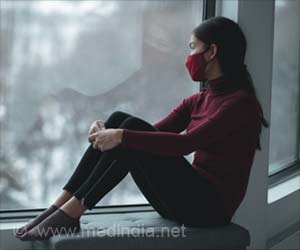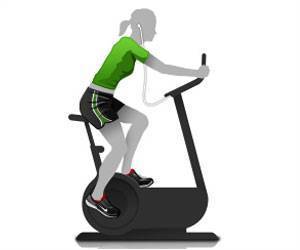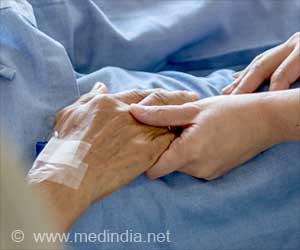Open your mind to positivity: A positive mind fuels an active body, creating a seamless loop of health and well-being.

‘Healthy Mind, Active Life: Nurture your mind with positivity and distance yourself from depression to remain active and energized. #positivity #mentalhealth #activelifestyle #physicalactivity #medindia’





Advertisement
How Positive Mindset Fuels Physical Activity
In a study conducted at the Gerontology Research Center and the Faculty of Sport and Health Sciences at the University of Jyväskylä, Finland, it was found that most men and women aged 60 to 88 either maintained or even increased their level of physical activity during the restrictions imposed by the COVID-19 pandemic. Participants who experienced more positive affectivity had higher physical activity levels and were more likely to increase their activity during the restrictions.The findings of the study are published in the journal BMC Public Health (1✔ ✔Trusted Source
The associations of positive and negative mental well-being with physical activity during the COVID-19 across late adulthood
Go to source).
"It was interesting to observe that the link between positive affectivity and physical activity was more consistent in individuals around the age of 60 than in those over 70,” says postdoctoral researcher Tiina Savikangas.
“In Finland, no curfew was declared but the older participants faced stricter restrictions compared to working-age individuals, which may have reduced the role of positive mental well-being on physical activity."
Advertisement
Healthy Mind, Active Life: The Wellness Cycle
Previous research evidence has shown that physical activity contributes to mental well-being. However, recent findings suggest that mental well-being can also help maintain a physically active lifestyle. Mental well-being and physical activity may thus form a positive cycle. "Mental well-being is an important resource for physical activity.”“Those who have such resources are more likely to stay active, even during exceptional circumstances", Savikangas notes.
COVID-19 Pandemic Blues: How Depression Hindered Physical Activity
The study also found that experiencing depressive feelings during the COVID-19 pandemic was associated with lower levels of physical activity and a higher likelihood of reducing activity. The link between depressive feelings and lower physical activity was particularly pronounced among participants over 70. The findings suggest that different aspects of mental well-being may have varying significance for physical activity at different ages."Supporting mental well-being is crucial for promoting a physically active lifestyle, even in societal emergencies,” Savikangas explains.
“However, the focus should not only be on preventing depressive feelings but also on strengthening the positive side of mental well-being."
Beyond the Blues: How Depression Stops Exercise
The study found no connection between experiencing negative affectivity and physical activity when depressive feelings were considered. The experience of depressive feelings can include other symptoms besides negative affectivity, such as insomnia and loss of appetite. Therefore, depressive feelings may be a more comprehensive risk factor for low physical activity than negative affectivity alone.The research publication is based on the Jyväskylä Longitudinal Study of Personality and Social Development (JYLS), especially its latest data collection phase Developmental Psychological Perspectives on Transitions at Age 60: Individuals Navigating Across the Lifespan (TRAILS) and Promoting Safe Walking Among Older Adults (PASSWORD) , both conducted at the Faculty of Sport and Health Sciences and the Gerontology Research Center, University of Jyväskylä, Finland.
A total of 162 men and women aged 60 to 61 from TRAILS participated in this study by responding to a survey on physical activity during the COVID-19 pandemic between April 2020 and July 2021. From PASSWORD, 272 men and women aged 72 to 88 participated by responding to a postal survey conducted between April and June 2020. The amount of physical activity during the COVID-19 pandemic and changes in it were assessed using a questionnaire specifically developed for this purpose by the Faculty of Sport and Health Sciences. Positive and negative affectivity, as well as depressive feelings, were measured using self-reports.
Additionally, factors such as participants’ gender, marital status, education level, employment status, perceived health, usual physical activity and, in the older cohort, age, were taken into account. The JYLS study is led by research director Katja Kokko, and the PASSWORD study by Professor of Sport Gerontology Sarianna Sipilä. Both studies were funded by the Academy of Finland.
Reference:
- The associations of positive and negative mental well-being with physical activity during the COVID-19 across late adulthood - (https://bmcpublichealth.biomedcentral.com/articles/10.1186/s12889-024-20803-3)
Source-Eurekalert











